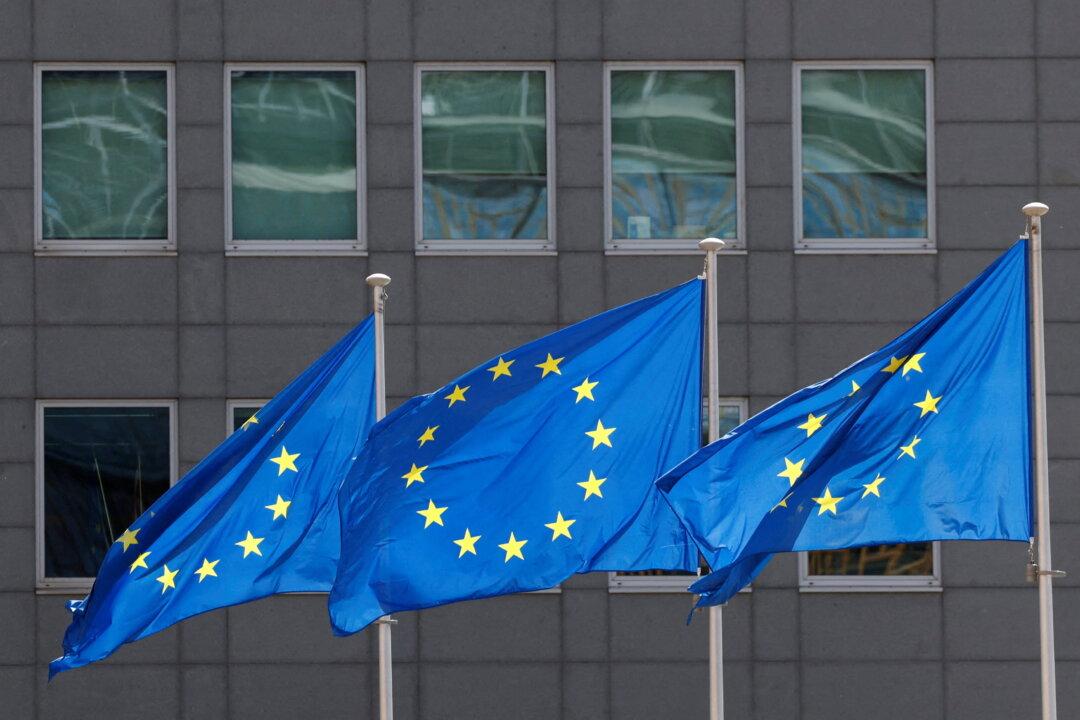European authorities are preparing for blackouts, as many residents are facing the prospect of a very cold winter.
The energy squeeze has put governments across the European Union on edge, as the severance of Russian natural gas supplies has exacerbated the energy shortage week by week.





